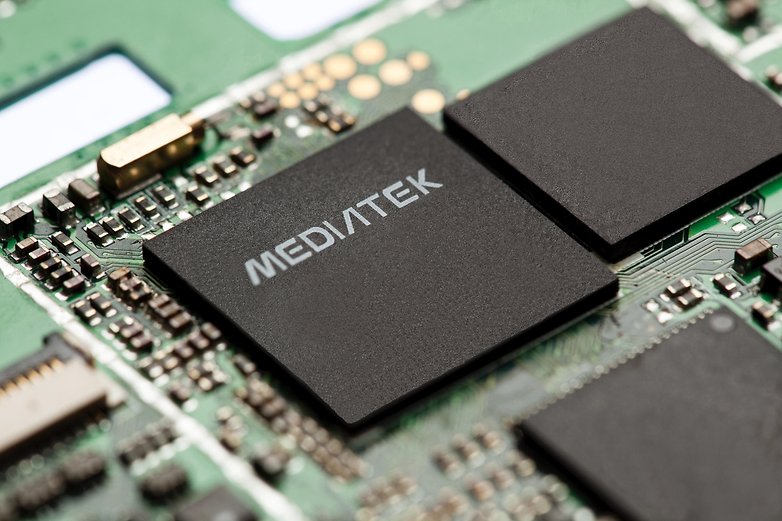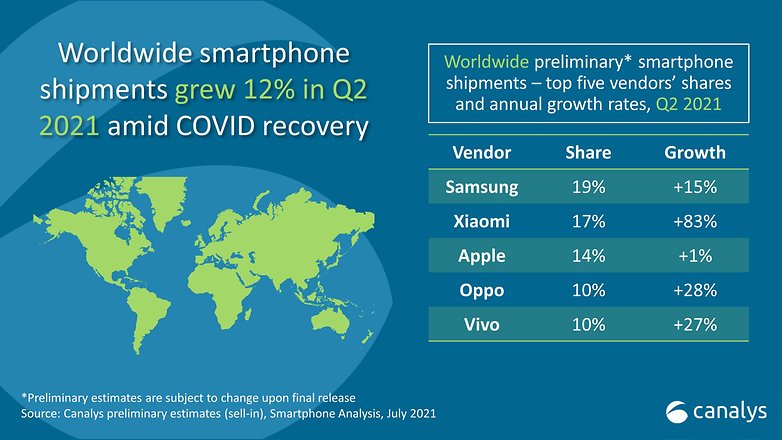Another eventful week in tech lies behind and it’s time we take a look at our picks for the winners and losers. It was easy for us to pick Xiaomi as our winner after it became the second largest smartphone brand in the world - while Google finds itself in the losers corner after it was fined by the French government. But before we talk about these two developments, let us take a quick glance at the rest of tech happenings of the week just gone by.
MediaTek debuts new mid-range chips, Realme’s MagSafe clone
MediaTek has been on a roll with the Taiwanese upstart managing to usurp the title of the world’s largest smartphone SoC maker from Qualcomm. A large chunk of MediaTek’s sales come from its extensive mid-range lineup that are mostly used on smartphones used in emerging markets like India and China. The company is in no mood to relent, and earlier this week, announced the launch of two new mid-range chipsets - the MediaTek Helio G96 and Helio G88. Both these SoCs come with minor changes from the existing Helio G95 and G85 SoCs.

Next up, we have Realme which seems to be in the early stages of developing a power transfer and accessory-attachment called MagDart. The name for this tech is heavily inspired from Apple’s Magsafe. The development of MagDart came to light after leaksters managed to get hold of a recent EUIPO (European Union Intellectual Property Office) filing that talks about the upcoming piece of tech.
Twitter kills fleets, WhatsApp starts testing multi-device capability
Moving on to software related news, this week also saw Twitter ring the death-knell for Fleets - it’s own version of stories. If you recall, Fleets was announced not long ago (in November 2020) and in the short span of time it was around, Twitter figured out that they did not see users take up the service in large numbers. You will not be able to post a ‘Fleet’ after August 3.

This week also saw WhatsApp start testing a much sought-after feature addition. As things stand today, multi-device support on WhatsApp is sketchy and it is essential that you keep the instant messenger to be ‘tethered’ to a parent phone for it to be used on a desktop or laptop. The new version of WhatsApp allows users to ‘untether’ WhatsApp from a phone and to be used independently without a phone. You can join the beta by following the instructions in the link above.
Honor’s global event in August, Nokia teases a rugged phone
Honor has been doing pretty well in its home market China after its (forced) separation from Huawei. The company, however, wasn’t doing much in the overseas market. That is set to change next month. The company recently sent out a tweet that indicated that Honor plans to hold a global event in August where it could launch a bunch of new smartphones for the global market. Chances are high we may see the formal arrival of the new Honor 50 series at this event. There is also talk of the company releasing a flagship smartphone called the Honor Magic 3 at the event which is slated to come powered by the new Qualcomm Snapdragon 888 Plus SoC.
Nokia indicated earlier this week that it could launch a new smartphone on July 27. Going by Nokia’s tweet, it is likely that we are possibly looking at a rugged phone. The rear panel of the supposed new device is visible and it looks quite similar to the recently launched Nokia X10 and X20. The device appears to have a quad camera housed inside a circular housing with ZEISS branding in the middle. No word yet on what to expect in terms of the hardware specs, though.
Winner of the week: Xiaomi, for becoming the world number 2
This week saw Xiaomi usurp the title of being the world’s second largest smartphone brand from Apple. As per a new report by research and analytics firm Canalys, Xiaomi managed to garner 17% of the global smartphone market in terms of sales. The current market leader Samsung, for comparison, has a 19% market share. The surge in popularity of Xiaomi devices also helped it surpass the previous world number 2 - Apple - which is not far behind with 14% of the market share. Surprisingly, Xiaomi’s surge in sales largely came from the company’s increased shipments in Latin America, Africa, and Western Europe – and not from the Asian markets where it has been traditionally strong.

Loser of the week: Google, after it was fined by the French government
This week’s unanimous pick for the loser was Google which has been fined €500 million by the country’s competition authority Autorité de la concurrence (French). The antitrust ruling of fining Google in France follows almost a 7-month period in which the search giant was supposed to reach an agreement with local publishers to use snippets of their content on Google News.
According to the authority, Google did not offer a fair deal to French publishers and it was only willing to pay less than what it currently pays to access weather data and dictionary definitions. The authority has added that Google will need to enter into a deal with publishers within the next two months or face an even higher fine to the tune of €900 million. It is notable that Google has managed to reach an agreement with publishers in other countries but so far hasn’t been able to replicate that in France.
Well, that sums up this week’s edition of NextPit’s winners and losers. Do you agree with our picks?
Read More Open link https://ift.tt/3BeXqx0
0 Response to "Winners and losers of the week: Xiaomi overtakes Apple, Google Fined in France"
Posting Komentar